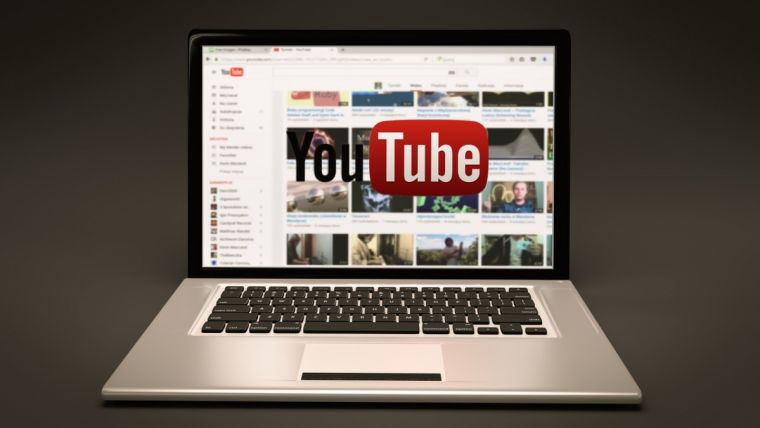YouTube is dominating youth culture – so how will the Church respond?
How do today's teenagers spend most of their spare time? If you can still remember that part of your life you might have a few ideas based on those memories, but in fact the truth might surprise you. Because while spending time with friends, or enjoying TV, films and music all rank highly on the list of things that young people enjoy doing, none of them take the top spot. In fact – according to recent research – the number one activity enjoyed by teenagers is watching videos on YouTube.

The recent Rethinking Culture survey, released by British Youth For Christ, asked 2,000 young people (of all faiths and none) about their pastimes and influences. When asked: what activities/hobbies do you enjoy doing in your spare time, a huge 81 per cent of respondents answered, 'Watching YouTube videos', making it the most popular answer ('TV and films' was next with 77 per cent). Three-quarters said they engaged in this activity daily.
YouTube is barely 12 years old. Incredibly, it couldn't have even featured on a young person's radar in 2004. Now it dominates their spare time, with many young people spending hours every night on the platform, watching, sharing, making and curating content where in previous generations they might have spent a passive evening on the sofa while watching TV. Those who develop a following become stars – sometimes overnight – on a level that can provoke hysterical, pop-star-like reactions from their fans. They can also earn a fortune from their channels, and from associated sponsorship and publishing deals. In the world of the teenager, YouTube and its star performers are massively important.
Perhaps that's why 'vloggers' – YouTube broadcasters who've developed a major following – show up tellingly in the same survey's list of factors that influence youth. While the biggest positive influences on young people were friends (93 per cent) and family (92 per cent), the most significant negative influences were social media (67 per cent), friends (41 per cent) and then – for 40 per cent of respondents – 'YouTubers'. Not only do vloggers take on an important role in the lives of teens as entertainers and trusted friends, they also have the power to make young people feel bad about themselves. Like the glossy magazine images of the past to which young people could never measure up, YouTubers present an unattainably witty, fun and exciting version of themselves (all through careful editing, of course) which can challenge the viewer's sense of self-worth by comparison.
In different phases of youth work history, the Church has been challenged to meet young people 'where they're at'. Since they no longer tend to congregate in our churches, we've variously switched our focus to youth-focused projects, to school and to the streets. Today, if there's one place where young people are 'at', it's online – and principally, on YouTube. And not only are they gathered there; they're being influenced by every kind of worldview under the sun, and plenty that make them think less of themselves. What's largely missing – so far at least – is an authentic Christian voice, encouraging them that faith isn't weird, and could be for them.
If the church is going to engage with the YouTube generation, then the Church needs to be on YouTube. But not through glossy videos featuring middle-aged white guys talking about 'Jesus the revolutionary' while standing on a roundabout. On YouTube, the authentic voice to young people IS young people. We need to help young people to reach their friends online.
That's why Youthscape – the organisation for which I work – is beginning to support young Christians who want to use YouTube as an avenue to reach their peers. As a first step, we're running Share, a Summer school for 16-19 year-olds – from August 13-16 this year at our Luton HQ. We're looking for young people who have a passion and a talent for blogging, who want to learn some communication and video skills, and are keen to get on the road to producing their own quality, faith-based YouTube content. For more information about that programme, visit: https://www.youthscape.co.uk/share
Of course this is just one small step on the road to the church's engagement with YouTube; there need to be many, many more. If we really care about reaching the next generation with the transformational message of Jesus Christ, and we love them enough to care about the messages they receive and what those do to their self-esteem, then we can't ignore YouTube any more. It's the mission field of the 21st century: time to dive in.
Martin Saunders is a contributing editor for Christian Today and the deputy CEO of Youthscape. Follow him on Twitter @martinsaunders.











